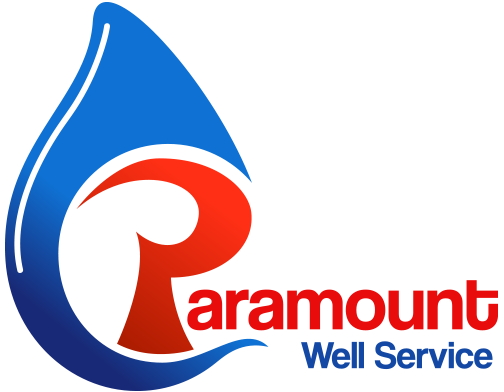Regularly ensuring that your home’s water is safe to drink is an important part of being a responsible well owner. While the Environmental Protection Agency and many other state and township guidelines strongly encourage homeowners to test their well water regularly, there are no legal requirements in place, meaning that your water’s safety and drinkability is up to you. Even if you use a filter pitcher or attachment before drinking water from your taps, it’s still vital to schedule regular professional water testing to avoid problems such as oil in your well water supply, sewage contamination, and more.
Has it been a long time since you’ve had a water quality test? Here’s your complete guide to getting your well water tested and what you need to look for.
How Often Should I Have My Well Water Tested?
Let’s get the most important question out of the way first: how often should you have your well water tested? The answer is that you should have your well water tested by professionals at least once every year, preferably in the spring. However, it’s worthwhile to schedule more frequent tests, ideally every three to six months, if:
- Your water quality begins to decrease.
- Your well water has had quality problems in the past.
- You’ve recently had your well repaired or components have been replaced.
- Your property has experienced flooding or other weather disruption.
- You’ve had an oil leak on your property or suspect oil tank leakage near your well.
- You have a waste disposal site near your home.
Contaminants Common in Well Water
Professional testing will ensure that your drinking water does not contain harmful concentrations of contaminants. Some contaminants often found in well water include but aren’t limited to:
Hazardous Chemicals
Whether there are hazardous chemicals in your water supply depends heavily on the region where you live and what’s happened on your property over the years. However, even if you have been responsible about disposing of pesticides or other chemicals, sometimes you still may see higher concentrations than are safe in your water supply. This might happen due to careless neighbors, illegal chemical dumping nearby, or another issue.
Some of the hazardous chemicals that your well water may be tested for include:
- Mercury
- Radium
- Arsenic
- Lead
- Pesticides
Nitrates
High levels of nitrates in your water supply indicate the presence of excessive nitrogen. This nitrogen may be human-made or naturally occurring, but either way, you don’t want it in your water supply. When nitrates enter your body, they can change into nitrites. “Nitrates” and “nitrites” may look like similar words, but they’re actually quite different. Excessive nitrites can cause serious health issues, including nausea, headaches, heart problems, lung problems, and more.
Volatile Organic Compounds (VOCs)
VOCs are chemicals that come from industrial production or fuel usage in your area. Just a few examples are carbon tetrachloride, benzene, and methyl tertiary butyl ether (MTBE), but these are far from the only possible VOCs leaking into your well water due to ground runoff and dumping site pollution.
Some parts of the country have more issues with VOCs in the water supply than others. If you’re unsure about VOC concentration or statistics in your area, it’s worthwhile to contact your state’s health department or your local environmental agency to inquire about the topic.
Water Quality Indicators (WQIs)
Water quality indicators are certain measurements that can indicate if your water is unsafe to drink. Here are a few WQIs to have professionals check:
pH
In layman’s terms, the pH of your water is its acidity — or lack thereof. Water should not have an especially low or high pH, and long-term pH issues can damage your pipes. If you have pH issues, you will need water treatment.
Coliform Bacteria
Coliform bacteria levels should be tested to check if there is a possibility of excessive bacteria or germs in your water supply. In particular, tests should be done for fecal coliforms, which can cause E. coli and other harmful diseases. The presence of coliform bacteria is not by itself a cause for alarm, as many different types of coliforms occur naturally in soil. However, high levels are worth looking into.
Keep Your Water Safe and Clear!
Eliminate the risk of low water quality with yearly water testing from Paramount Well Service! Our friendly and knowledgeable technicians can perform all the tests necessary to ensure that your well water is safe. In the event that your water has problems, we can work with you to plan for treatments that are effective and long-lasting.
We don’t just help with water quality, either. If your well has problems, we can solve them. We can repair broken pumps, increase yield, or even install a state-of-the-art VFD water pump or other pressurizing solution. We’ll do it all for your well, so don’t hesitate to call us anytime!




